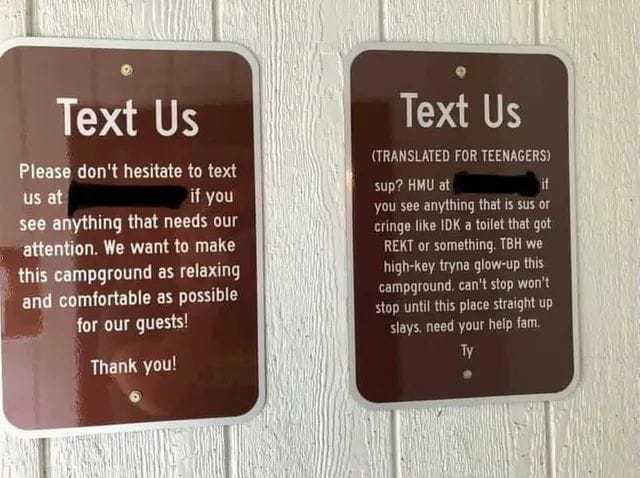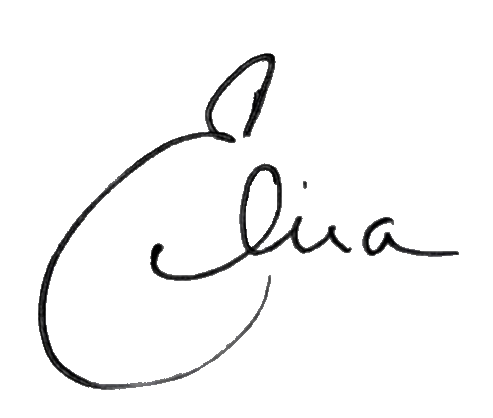Craft Your Content - [TWR] That time I was wrong.
|
Older messages
[TWR] That time I was wrong.
Saturday, April 9, 2022
6 minutes
April Showers Day #4! Checklists and Cheat Sheets ...
Tuesday, April 5, 2022
Oh my!
April Showers Day #3! Get your writing life balanced.
Monday, April 4, 2022
New Worksheet Available!
[TWR] Do you have any value?
Saturday, April 2, 2022
6 minutes
April Showers! Get Your First Free Resource Gift (Day #1)
Friday, April 1, 2022
No Fooling!!
You Might Also Like
How to integrate Stripe's acquisition of Index? (2018) @ Irrational Exuberance
Wednesday, March 5, 2025
Hi folks, This is the weekly digest for my blog, Irrational Exuberance. Reach out with thoughts on Twitter at @lethain, or reply to this email. Posts from this week: - How to integrate Stripe's
The Man With the Golden Arm
Wednesday, March 5, 2025
How to save millions of lives without even going anywhere (but you need the right blood)
• Spring Into Reading Book Promo • Email Newsletter + FB Group Posts & More
Wednesday, March 5, 2025
Promo is Now Open for a Limited Time MARCH 2025 Reading Promotion for Books Join ContentMo's
🤝 How to make magic happen as a biz buyer
Tuesday, March 4, 2025
This magician used acquisition to turn one of his biggest expenses into a major asset — here's how Biz Buyers, After 2 decades as a magician, Alex Ramon knew how to sell, build a brand, and capture
Fix Landing Page Conversion Gaps with AI.
Tuesday, March 4, 2025
Learn how. ͏ ͏ ͏ ͏ ͏ ͏ ͏ ͏ ͏ ͏ ͏ ͏ ͏ ͏ ͏ ͏ ͏ ͏ ͏ ͏ ͏ ͏ ͏ ͏ ͏ ͏ ͏ ͏ ͏ ͏ ͏ ͏ ͏ ͏ ͏ ͏ ͏ ͏ ͏ ͏ ͏ ͏ ͏ ͏ ͏ ͏ ͏ ͏ ͏ ͏ ͏ ͏ ͏ ͏ ͏ ͏ ͏ ͏ ͏ ͏ ͏ ͏ ͏ ͏ ͏ ͏ ͏ ͏ ͏ ͏ ͏ ͏ ͏ ͏ ͏ ͏ ͏ ͏ ͏ ͏ ͏ ͏ ͏ ͏ ͏ ͏ ͏ ͏ ͏ ͏ ͏ ͏ ͏ ͏ ͏
How to Outsource SEO the Right Way [+ PDF Checklist]
Tuesday, March 4, 2025
Learn how to find a reliable SEO provider, avoid costly mistakes, and make sure you get real results (not just empty promises) Hi Reader, Outsourcing SEO can skyrocket your traffic—or tank your
The Tortoise and The Hare: The Art Market Edition
Tuesday, March 4, 2025
Your weekly 5-minute read with timeless ideas on art and creativity intersecting with business and life͏ ͏ ͏ ͏ ͏ ͏ ͏ ͏ ͏ ͏ ͏ ͏ ͏ ͏ ͏ ͏ ͏ ͏ ͏ ͏ ͏ ͏ ͏ ͏ ͏ ͏ ͏ ͏ ͏ ͏ ͏ ͏ ͏
Unexpectedly at home
Tuesday, March 4, 2025
Billy stomps in the door from the bus stop. ͏ ͏ ͏ ͏ ͏ ͏ ͏ ͏ ͏ ͏ ͏ ͏ ͏ ͏ ͏ ͏ ͏ ͏ ͏ ͏ ͏ ͏ ͏ ͏ ͏ ͏ ͏ ͏ ͏ ͏ ͏ ͏ ͏ ͏ ͏ ͏ ͏ ͏ ͏ ͏ ͏ ͏ ͏ ͏ ͏ ͏ ͏ ͏ ͏ ͏ ͏ ͏ ͏ ͏ ͏ ͏ ͏ ͏ ͏ ͏ ͏ ͏ ͏ ͏ ͏ ͏ ͏ ͏ ͏ ͏ ͏ ͏ ͏ ͏ ͏ ͏ ͏ ͏ ͏
A Whopper of a Way to Pay For Your Wedding
Tuesday, March 4, 2025
Maybe it'll happen again if Jim Olive and Jane Garden get married?
Community Tickets: Advanced Scrum Master (PSM II) Class of March 26-27, 2025
Tuesday, March 4, 2025
Save 50 % on the Regular Price ͏ ͏ ͏ ͏ ͏ ͏ ͏ ͏ ͏ ͏ ͏ ͏ ͏ ͏ ͏ ͏ ͏ ͏ ͏ ͏ ͏ ͏ ͏ ͏ ͏ ͏ ͏ ͏ ͏ ͏ ͏ ͏ ͏ ͏ ͏ ͏ ͏ ͏ ͏ ͏ ͏ ͏ ͏ ͏ ͏ ͏ ͏ ͏ ͏ ͏ ͏ ͏ ͏ ͏ ͏ ͏ ͏ ͏ ͏ ͏ ͏ ͏ ͏ ͏ ͏ ͏ ͏ ͏ ͏ ͏ ͏ ͏ ͏ ͏ ͏ ͏ ͏ ͏ ͏ ͏ ͏ ͏ ͏ ͏ ͏


